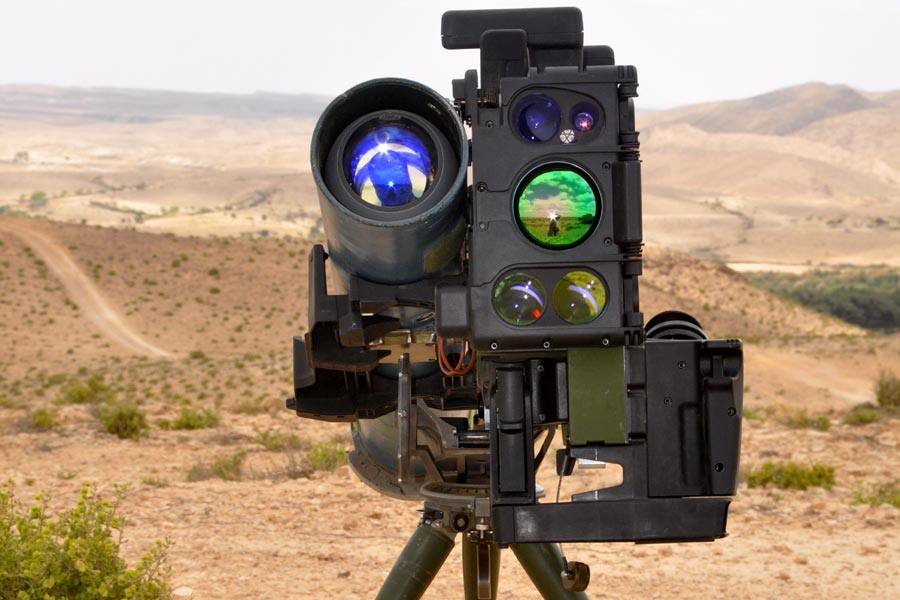Israel’s defense technology company, Rafael Advanced Defense Systems (RADS) on Monday (December 28) announced that it had completed the delivery of its Spike MR (medium range) missiles and launchers to the Royal Thai Army.
The delivery comes after a deal for the procurement of the missile systems was reached between the Haifa-headquartered Rafael and the Southeast Asian military, earlier this year.
As per the statement of the company, the Royal Thai Army (RTA) selected the Spike MR variant after going through a process of evaluation.
A Spike MR missile system
Roman Palarya, Director of Marketing and Business Development at Rafael’s Precision Tactical Weapon Systems directorate, said,
“We are very proud that the Royal Thai Army has selected the SPIKE missile. SPIKE has been in use in Asia for more than 20 years, and the selection of the SPIKE Missile by the RTA strengthens the SPIKE Missile user base in Asia.”
According to Rafael, The first batch of missiles and launchers of the Spike MR missiles and launchers, delivered by the company have been designated for the RTA’s 6th infantry division.
The Spike MR is an electro-optical Fire & Forget missile, which is part of the wider Spike missile family designed and developed by Rafael Advanced Defence Systems.

The family consists of the five variants— Spike SR, Spike MR, Spike LR2, Spike ER2, and Spike NLOS. The Spike MR missile has a reported maximum firing range of around 2.5 kilometers.
The Spike MR is a new generation, man-portable, and platform adaptable missile system that has been specially designed for urban warfare, ground support, and special missions with maximum survivability.

As per reports, the first firing test of the missile system was carried out in 1992, with the first customer being Finland eight years later. Currently, Spike MR is in service with 28 countries across the world.
The Spike missiles have been integrated onto 45 different vehicular, helicopter, and naval platforms and have been sold to around 35 nations, which include 19 NATO nations.
Follow EurAsian Times on Google News




